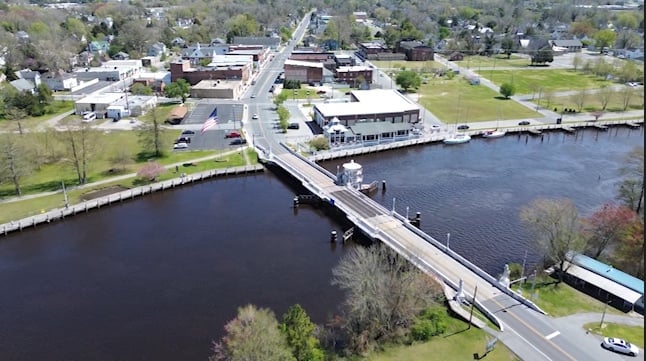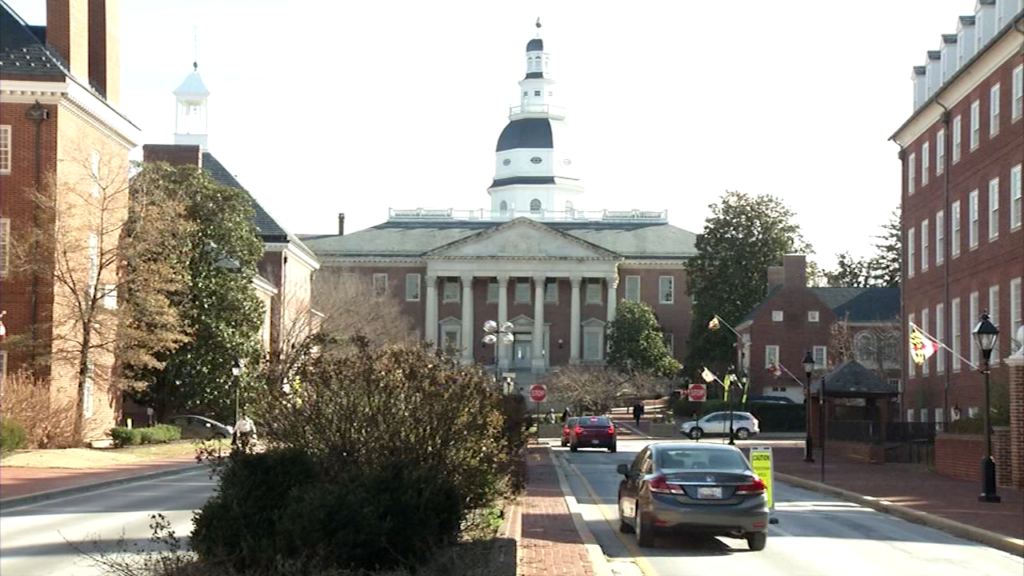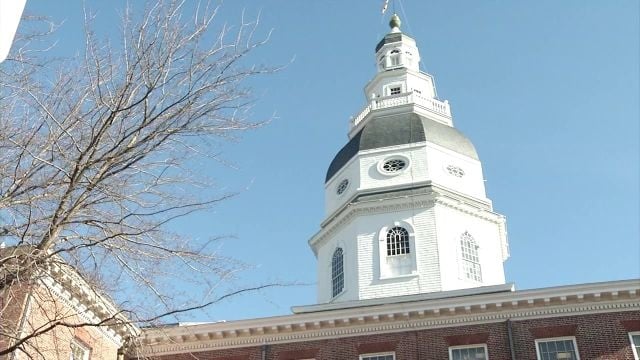UMES Professor speaks on the importance of the March on Washington
61st Anniversary of March on Washington
MARYLAND – During the 1960s Civil Rights Movement, various protests against longstanding racial inequality incited many forms of demonstrations such as sit-ins and marches. Today marks the 61st anniversary of the historic March on Washington where Dr. Martin Luther King advocated for civil rights, a pivotal moment in history.
August 28, 1963, over 250,000 people gathered around for what is known as a pivotal moment in history where Reverand Dr. Martin Luther King Jr. delivered his “I Have a Dream Speech” advocating for equal rights for African Americans. With a history of race-based violence, many places along the peninsula have been noted as sites for racial tension. While this is mainly recognized in southern states, it impacted the towns on the Eastern Shore of Maryland.
“Fighting for equity, fighting for justice is embedded in the very genealogy of the Eastern Shore of Maryland.” And that’s why Assistant Professor of History at the University of Maryland Eastern Shore Arlisha Norwood says that connecting the dots between the civil rights movement, the march on Washington and the eastern shore. “Segregation is by no means is a “black issue” in the 1960’s, it is an American issue that many Americans faced not just Black Americans… In 63′ the March on Washington happens, and by 64′ UMES students are marching in Princess Anne… These are UMES students who want to eat the same places as their white counterparts in Princess Anne, they want to have access to the same things.”
She said the march lit a fire in many college students across the country, including UMES. In February of 1964, students from the college protested against segregated Public Areas in Princess Anne. Police dogs and firehoses were used on protesters, prompting the Washington Post to deem Princess Anne a ‘Little Birmingham’. “The same way that we hear a speech today, and are impacted by it, and go outside, that’s the same thing that happened… When you show kids, little girls in nice dresses getting bit by dogs and sprayed by hoses, the world is watching to see how we respond.”
She says the March on Washington wasn’t just for civil rights alone. “Economic inequality was a major issue of the civil right movement, but many leaders of the movement knew that that was something that impacted all Americans, not just African Americans.” Norwood says, because of that, people from all backgrounds joined King in his quest for equality, as many still do today. “It is a true bi-racial coalition of people who attend the March on Washington because they understand the economic inequality and segregation are an American issue.
Professor Norwood wanted to note that this isn’t African- American history it’s American history, and the fight for civil rights wasn’t a Black thing, but a human thing. She says she hopes we continue to uplift that notion on the Eastern Shore. The White house put out a statement on social media saying they will continue in their efforts to fight for the promise of a more perfect union, and the Biden-Harris Administration says it will remain committed to fight for justice, opportunity, and equity for every American.


